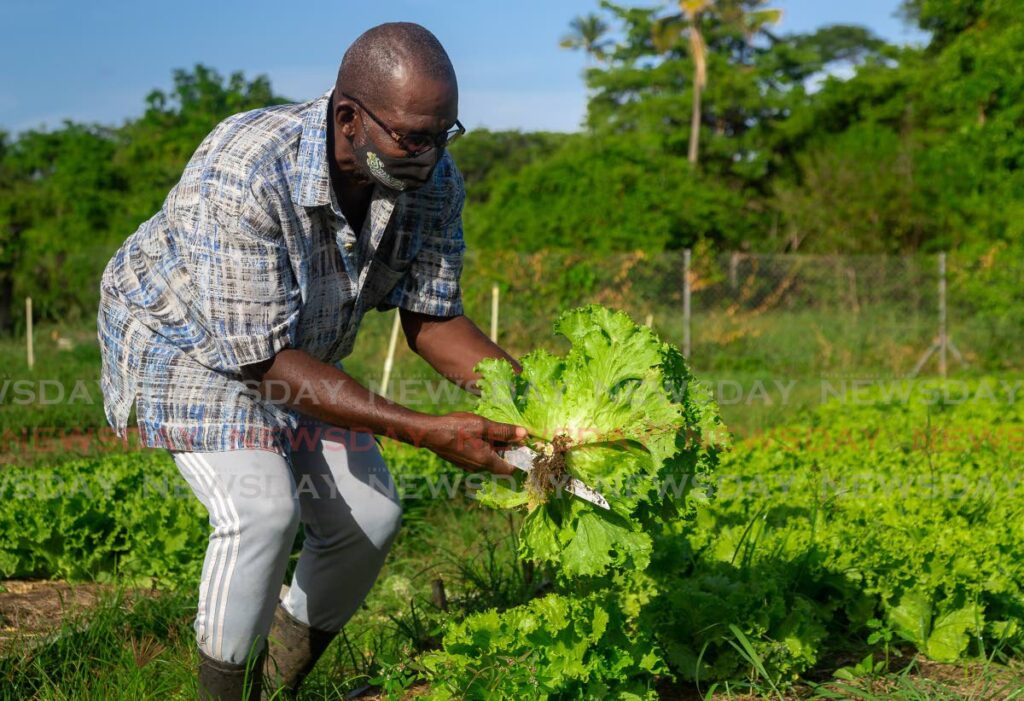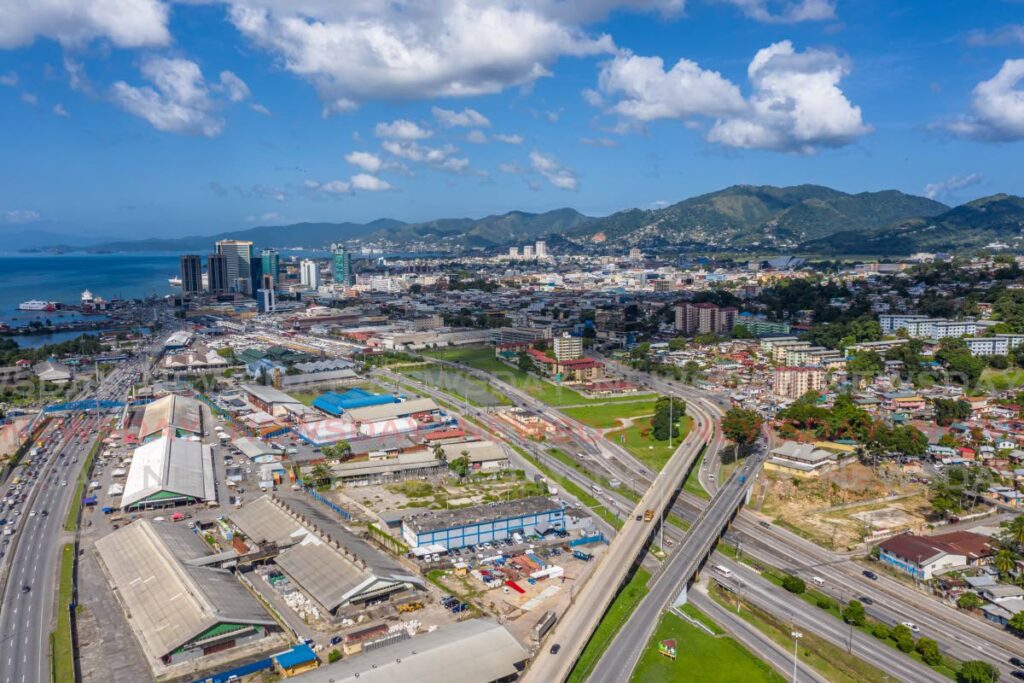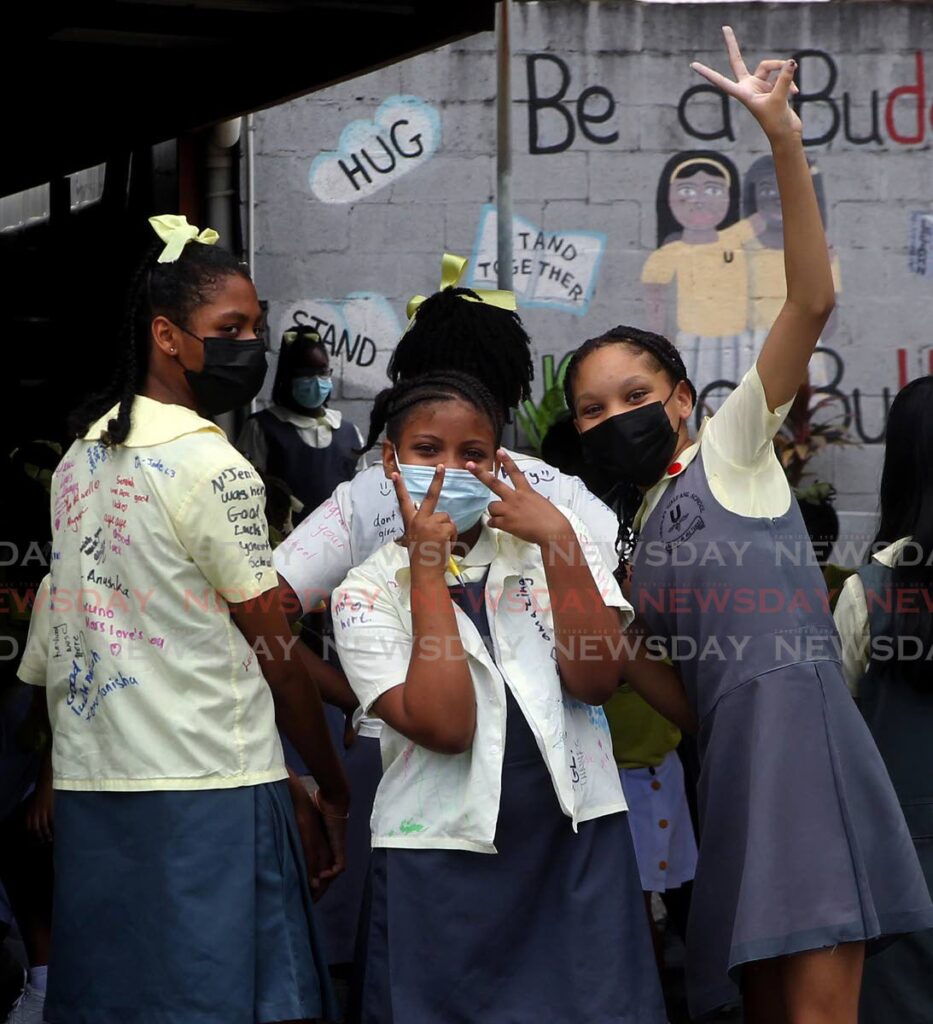Government to spend $1.2b more on social sector

Government plans to spend $1.2 billion more on its social sector initiatives in 2023, according to its social sector investment programme document issued by the Finance Ministry following Monday’s budget.
The 2023 allocation is $11.2 billion, up from $9.9 billion in 2022. Of this figure, $2.2 billion will go to social infrastructure, including $1.12 billion to development programmes and $1.1 billion to the infrastructure development fund, while an estimated $9 billion will go to social programming.
These funds will be spread across the ministries of Agriculture, Land and Fisheries, Digital Transformation, Education, Health, Housing and Urban Development, Labour, the Office of the Prime Minister- Gender and Child Affairs, Public Utilities, Rural Development and Local Government, Social Development and Family Services, Sport and Community Development, Youth Development and National Service, and the Tobago House of Assembly.
Agriculture
Local food production of strategic crops is one of the major initiatives planned by the Agriculture Ministry, aimed at the promotion of healthy eating as a means of improving health and wellness, reducing non-communicable diseases and health care costs to the State, increasing the involvement of youth and women in agriculture, and decreasing the food import bill and reliance on imported foods.
The ministry will aim to provide livestock farmers with a constant supply of locally produced forage feed annually through the development of pasture access and forage management systems at Mon Jaloux Forage Development Centre and La Gloria Forage Farm.
Other projects will include establishment of a community-based aquaculture programme, a national seed bank, and development of young entrepreneurs in ornamental horticulture in rural communities.
Education
Under the Education Ministry, the TT National Learning Assessment (TTNLA) has been developed to replace the National Test at the primary school level and the National Certificate of Secondary Education (NCSE) at the secondary school level. A pilot assessment will be conducted in 30 out of 200 primary schools at the standards one and three levels and implementation will take place at the secondary level to a representative sample of form three students at 50 schools.
Phase two of the SEA portal will also be launched in 2023, which will focus on allowing access to downloadable PDF files to assist with secondary school registration and provide sensitisation sessions or webinars for parents in rural districts and other districts.
Housing and Urban Development
The Ministry of Housing and Urban Development’s Land Settlement Agency will focus on the regularisation of squatter-communities housing, as well as a village improvement programme and regeneration of communities in the greater Port of Spain region.

Several projects will be implemented under the East Port of Spain Development Co Ltd (EPOS), including a Beetham sports and cultural complex and park; a technology enhancement programme and creation of WiFi hot spots; community cultural and heritage festivals and activities; education to production programmes to train young people in construction and entrepreneurship; small-scale community farms and a green market in East Port of Spain. Other proposed projects include the beautification, landscaping and revitalisation of parks, streets and walls and development of necessary infrastructure to provide an effective drainage system within the communities.
Public Utilities
The Ministry of Public Utilities will continue its utilities assistance programme (UAP), which includes provision of utility bill assistance to low-income customers of WASA and TTEC; provision of solar panel assistance; provision of water tanks; and a public education campaign. Other programmes will include the residential electrification assistance programme (REAP), and the electrification programme (EP) where the ministry will provide electrical infrastructure to 53 households with an estimated number of 1,480 beneficiaries. SWMCOL will develop a pilot project for the treatment of organics.
Social Development
The Ministry of Social Development and Family Services will undertake the nationwide rollout of the social services empowerment unit (SSEU), a timely and convenient "one-stop shop" for the provision of social services and the social transformation and empowerment programme uplifting people (STEP-UP) model. This is part of phase two of the National Social Mitigation Plan (NSMP). Other initiatives under the NSMP include development of a nationwide campaign on strategies to ensure personal food security; implementation of the values, attitudes, and behaviours programme; and the establishment of two pilot projects for community health and wellness centres.
The ministry will begin construction of a five-storey assessment centre to provide suitable accommodation for client assessment and temporary residence as an immediate alternative to street dwelling; facilitate voluntary and involuntary removal of street dwellers; provide referrals to treatment and rehabilitation centres/programmes; and prepare individuals for treatment or rehabilitation.
Sport and Community Development
Under the Ministry of Sport and Community Development’s Community Recovery Programme (CRP), new programmes will include a community mural project; community heroes award; handicraft camp for women; and establishment of a video studio at the adult education centre, St Ann’s.
The ministry’s Export Centres Co Ltd (ECCL) will partner with other institutions to provide non-formal training interventions in small business development. It will also provide a production space for graduates to pursue production of items for resale. The ECCL will pursue the new City and Guilds assured model for institutional accreditation in the following disciplines: fashion, soft furnishings, linen and drapery, woodwork, fabric arts, weaving, cake decor, confectionery, bag making, soap and candles, leather and pottery.
Youth Development

In addition to programmes announced in 2022, the Ministry of Youth Development and National Service will establish a Youth Agricultural Shade House Project – a three-year project targeting 300 young people, ages 16-35 years, with three cohorts of 100 participants annually. The participants will be exposed to a one-year certificate programme to be delivered by the UWI School of Agriculture in conjunction with the National Agriculture Research Extension Institute of Guyana. Upon completion of the training programme, an agricultural co-operative model will be utilised for the second phase of the project which will engage participants in the production and sales of high-value, short-term crops to the local hotel and fast food industries, groceries and supermarket chains.
Tobago House of Assembly
The Tobago House of Assembly (THA) is undertaking several initiatives, including a re-orientation of the island’s education system to encourage critical and innovative thinking for technological and business development among students in the long-term; establishing a tourism cross-sectoral committee to provide guidance and take actions on matters impacting tourism development; and the transformation of Shaw Park Complex as an academic facility where tertiary level institution(s) can offer their degree programmes.
In the area of food security and sovereignty, the Kendal Farm School will be upgraded to the Tobago Agriculture Research Institute (TARI), and deliver a Tobago Youth in Agriculture Training Programme. The Shaw Park temporary market will be repurposed into a day/night market for farmers, agro-processors, food vendors, artisans and craftsmen to sell their products.
The THA will strengthen ongoing collaboration with the Food and Agriculture Organisation (FAO) and Inter-American Institute for Cooperation on Agriculture (IICA) towards enhancing the school nutrition programme through greater infusions of local agricultural produce in the meal offerings.


Comments
"Government to spend $1.2b more on social sector"